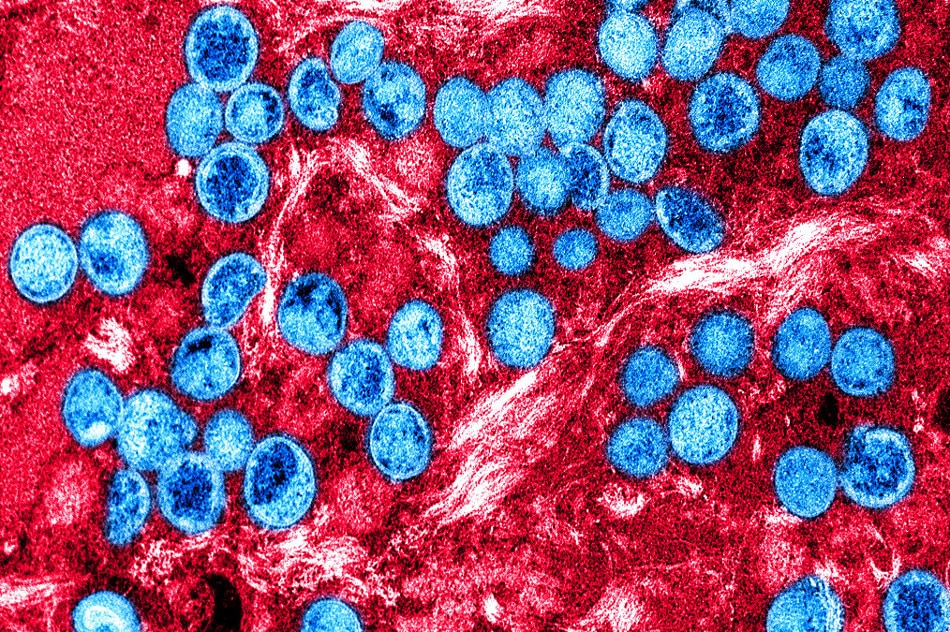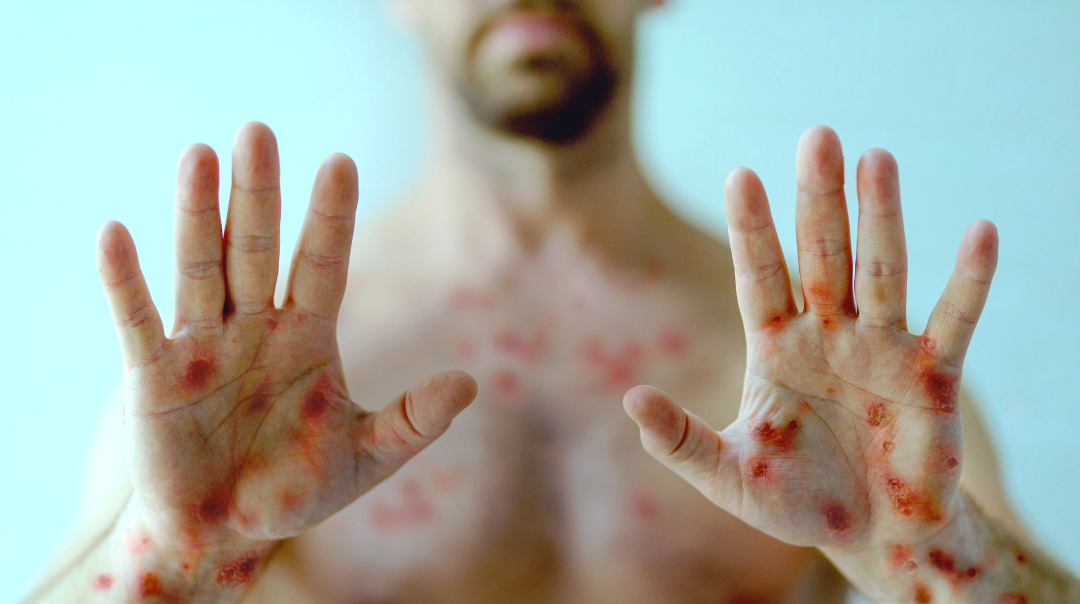The U.S. reported the first death caused by monkeypox, according to the Los Angeles County Public Health Department.
The first case of monkeypox was reported in the US on May 18, according to the HHS.
The resident “was severely immunocompromised and had been hospitalized,” the department said Monday,
“Persons severely immunocompromised who suspect they have monkeypox are encouraged to seek medical care and treatment early and remain under the care of a provider during their illness,” the department said.
“It is clear that there are complications that are life-threatening with this virus, with inflammation of the brain, for example, encephalitis, inflammation of the lung, called pneumonitis, and also a very high risk for pregnant women, particularly for preterm pregnancies and fetal death,” Cesar Arias, a board member of the Infectious Diseases Society of America, said at the Tuesday briefing.
“It’s been well-known that there could be fatal complications of this infection. … It is not a simple disease.”
Stating what should be obvious, they also added that those who are severely immunocompromised and suspect they may have monkeypox should visit their healthcare practitioners.
Who Is Moderately or Severely Immunocompromised?
According to the CDC, people are considered to be moderately or severely immunocompromised (have a weakened immune system) due to several types of conditions and treatments.
Examples include:
-
Been receiving active cancer treatment for tumors or cancers of the blood
-
Received an organ transplant and are taking medicine to suppress the immune system
-
Received chimeric antigen receptor (CAR)-T-cell therapy (a treatment to help your immune system attach to and kill cancer cells) or received a stem cell transplant (within the last 2 years)
-
Moderate or severe primary immunodeficiency (such as DiGeorge syndrome, Wiskott-Aldrich syndrome)
-
Advanced or untreated HIV infection
-
Active treatment with high-dose corticosteroids or other drugs that may suppress the immune response
There have been six other reported deaths globally in non-endemic countries.
Six other countries have reported new outbreaks and deaths from the virus, including Brazil, India, and Spain.
While deaths are not common in non-endemic countries, doctors are emphasizing how painful the disease can be and urge continued action to quickly contain the virus and keep it from spreading through the population indefinitely.
Unfortunately the public must be reminded that in order to have a healthy immune system, they must eat healthy, eliminate processed foods, wash their hands, take showers, mop their floors, wipe their counters, and practice basic hygiene.
“This is not a benign infection. This death is very concerning to all of us,” David Harvey, executive director of the National Coalition of STD Directors, said at a Tuesday briefing with public and sexual health experts about the need for more federal funding for the outbreak. “We have to stay the course. We have to monitor this.”
In some African countries where the virus has been endemic for decades, deaths have been more common, but those have been mostly caused by a variant not circulating globally. Access to therapeutics and health care likely affect the number of deaths, health experts said.
The Symptoms – Rashes and Anogenital Lesions
A study published in the New England Journal of Medicine on Thursday found that among 528 monkeypox patients identified in 16 countries between April and June, rashes were common (occurring 95% of the time).
73% of patients had ANOGENITAL lesions, while roughly 10% of patients had only one monkeypox lesion visible on them.

98% of Diagnosed Monkeypox Cases Are Gay Men
According to a study, 98% of the patients were gay or bisexual men, reflecting the fact that much of the monkeypox transmission in this outbreak has happened during sexual contact.
“Anyone can get and spread monkeypox. The current cases are primarily spreading among social networks of gay, bisexual and other men who have sex with men (MSM).”
So far, the U.S. has reported nearly 22,000 cases across all 50 states as federal, state and local governments work to vaccinate and treat those infected or at high risk.
Nearly 58,000 cases of monkeypox have been reported around the world.
Researchers are working to understand why the infections have become widespread outside of countries where the virus is endemic.
In August, the U.S. government declared the U.S. outbreak a public health emergency.



















Add comment